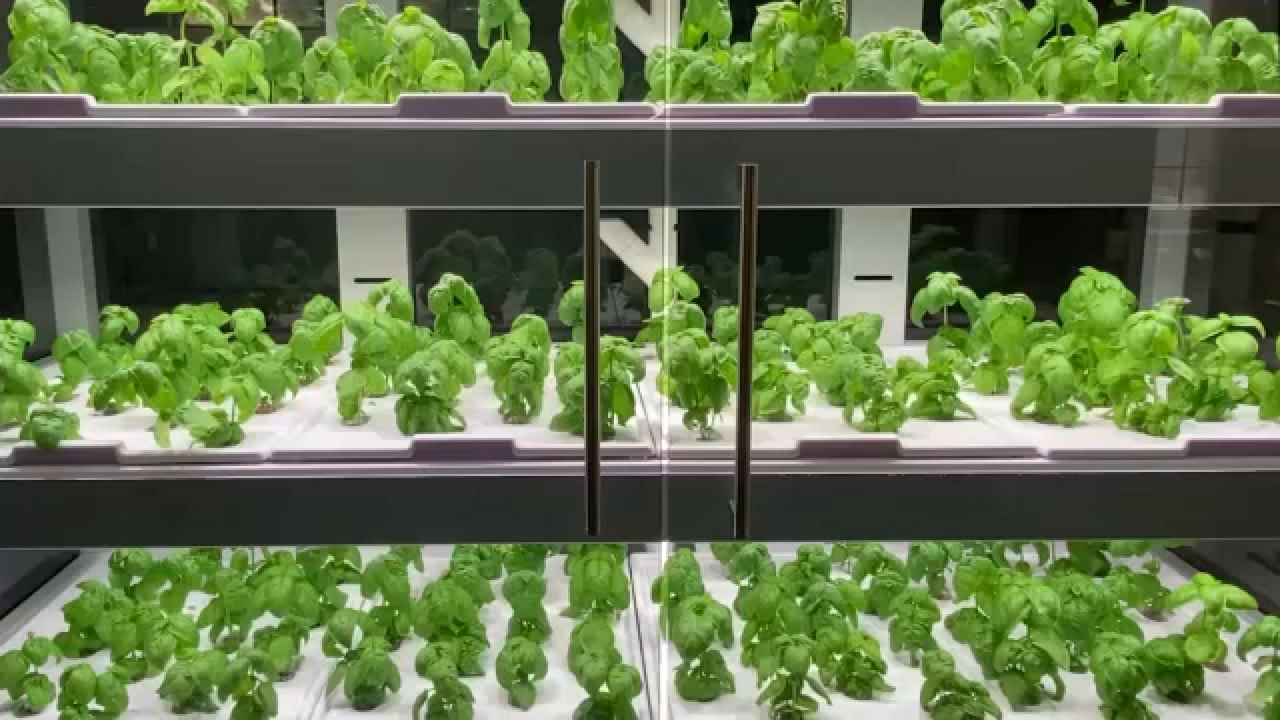Honeywell has recently announced that its latest hydrocracking technology can be used to produce sustainable aviation fuel (SAF) from biomass. The technology is said to allow for the production of more SAF that is less carbon intensive than traditional fossil-based jet fuels, leading to cost reductions and less byproduct waste compared to other hydroprocessing technologies.
Honeywell’s CEO, Ken West, stated that as the demand for SAF grows, traditional feedstocks like vegetable oils, animal fats, and waste oils are becoming limited. To address this issue, the company has developed a new Fischer-Tropsch Unicracking technology that extracts liquids and waxes from processed biomass like crop residues, wood waste, or food scraps. These materials can then be used to produce SAF that meets aviation standards while having a lower environmental impact.
By combining the new technology with the existing Fischer-Tropsch process, Honeywell aims to expand the available feedstock options in the industry to more abundant sources, ultimately improving the ability to produce SAF. The technology has already been selected for biofuel manufacturing for DG Fuels and is expected to produce 13,000 barrels of SAF per day once operations begin.
Honeywell has been producing SAF commercially since 2016 using its eco-fining process and now offers solutions across feedstocks to meet the increasing demand for renewable fuels. The company has licensed its SAF technologies to over 50 sites globally, with refineries projected to surpass a combined capacity of 500,000 barrels of SAF per day. Overall, Honeywell’s new hydrocracking technology represents an important step towards a more sustainable future in aviation fuel production.



